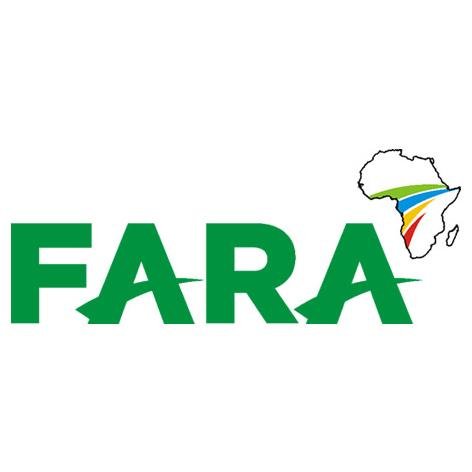Do all roads lead to market? Learning from AGRA's Market Access Programme
This book describes how the Alliance for a Green Revolution in Africa (AGRA) has been trying to improve markets for staple foods in Africa through its Market Access Programme. It describes 13 projects from eight countries (Burkina Faso, Ghana, Kenya, Malawi, Mozambique, Rwanda, Tanzania and Uganda) that the programme has supported. The book does not attempt to describe the cases in detail. Rather, it focuses on particular aspects in order to derive lessons from which the project managers, AGRA and other development organizations can learn.
Related Resources
Agribusiness and Innovation Systems in Africa
This book examines how agricultural innovation arises in four African countries – Ghana, Kenya, Tanzania, and Uganda – through the lens of agribusiness, public policies, and specific value chains for food staples, high value products, and livestock. Determinants of innovation...

Agricultural Innovation in Sub-Saharan Africa Experiences from multi-stakeholder approaches
This review seeks to assess the usefulness of innovation systems approaches in the context of IAR4D in guiding research agendas, generating knowledge and use in improving food security and nutrition, reducing poverty and generating cash incomes for resource-poor farmers. The...
Indicators of soil quality: A South-South development of a methodological guide for linking local and technical knowledge
This methodological guide was initially developed and used in Latin America and the Caribbean-LAC (Honduras, Nicaragua, Colombia, Peru, Venezuela, Dominican Republic), and was later improved during adaptation and use in eastern African (Uganda, Tanzania, Kenya, Ethiopia) through a South-South exchange...
Bringing New Ideas into Practice: Experiments with Agricultural Innovation
This review studied a selection of projects from the Research Into Use (RIU) Africa portfolio: the Nyagatare maize platform in Rwanda; the cowpea platform in Kano state, Nigeria; the pork platform in Malawi, the Farm Input Promotions (FIPS) Best Bet in Kenya,...
Farmers in the driver’s seat: Innovation in smallholder agriculture in Burundi, Ethiopia, Kenya and Rwanda
KIT and the Association for Strengthening Agricultural Research in Eastern and Central Africa (ASARECA) published this joint publication in which farmers were put in the driver’s seat. Within the programme ‘farmer empowerment for innovation in smallholder agriculture’ (FEISA) farmers were...


